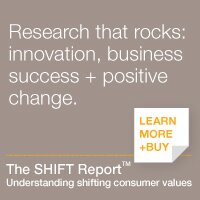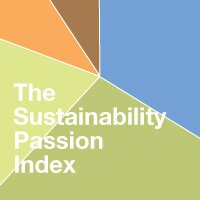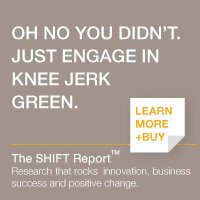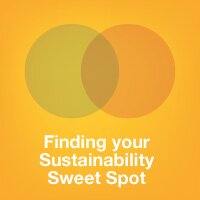Valentines Day is here to remind about love, humour and consumption (or preferably generosity).
For the humorous – Visit Polluter Harmony! It’s a brand new match making site for polluters, industry lobbyists, & politicians. Check out Peter and Janet’s amazing story of how they found each other.
For the consumption – Sasha Dichter, author of Nonprofit CEO Manifesto, is on a mission to reinvent V-Day to Generosity Day. An idea that is spreading across the internet and into the streets. Sasha offers up many suggestions of how to spread kindness and generosity through out the day and encourages all to share their experiences across twitter (#generosityday) and facebook ().
Our hunch was spot on: people are hungering for something more in their lives – more connection and more meaning.
And for the Love – Scientific American published an article today called ‘Your Brain in Love’ revealing the areas in our brain that ‘light up’ while we experience passionate love, maternal love and unconditional love. There are about 12 small regions, a sort of ‘love network’, that “release neurotransmitters and other chemicals in the brain and blood that prompt greater euphoric sensations such as attraction and pleasure”. These new findings may help to treat those who are suffering from severe heart breaks by adjusting certain chemicals. The article goes on to say:
Passion also heightens several cognitive functions, as the brain regions and chemicals surge.
This line of course grabs my attention because of Ci’s Sustainability Passion Index, a unique segmentation study from The SHIFT Report that looks at the kinds of things that people are passionate or dispassionate about such as: relationships, pollution, spirituality, well-being, food, energy, etc..
What’s interesting is that both The SHIFT Report research and these new findings from the MRI scans offer up similar observations. With greater passion in one’s life comes increased motivation, alertness, pleasure, trust, attachment, attraction and interestingly it also brings increased stress and obsessive thinking.






